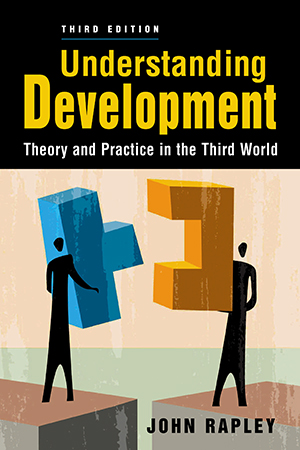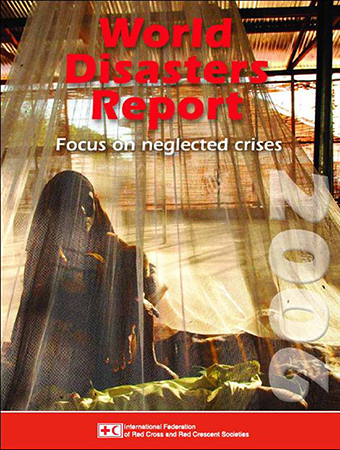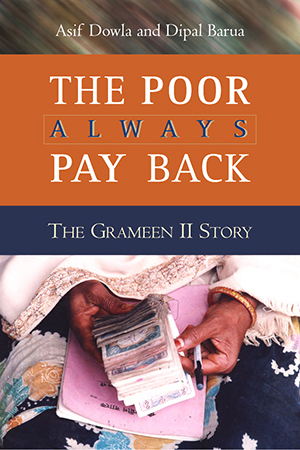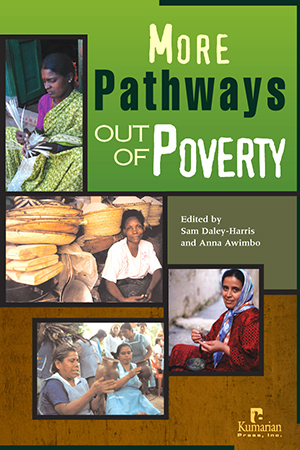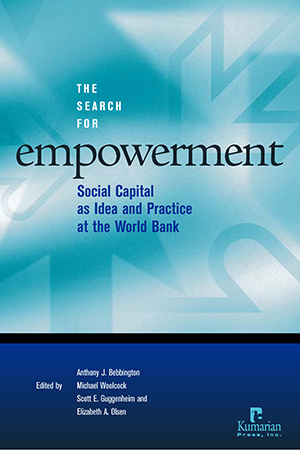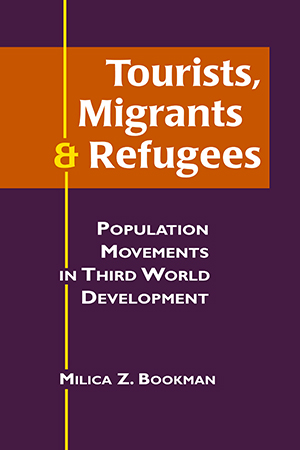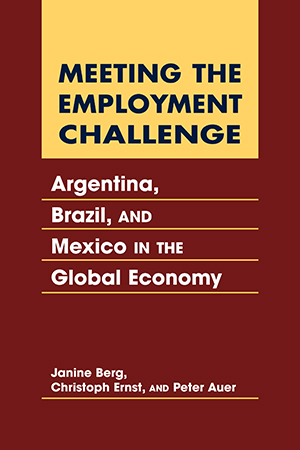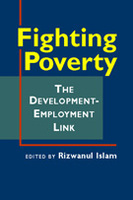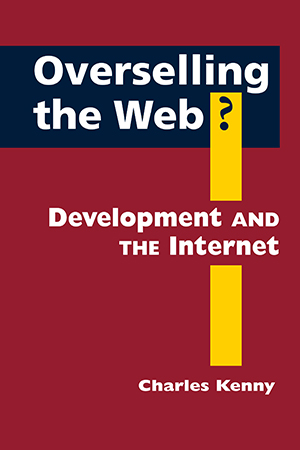Development Studies
This accessible text provides both an assessment of the current state of development theory and an extensive survey of the impact of evolving policies and practices throughout the developing More >
In the aftermath of violent conflict, how do the economic challenges of statebuilding intersect with the political challenges of peacebuilding? How can the international community help lay More >
Which people are missing out on humanitarian aid because no journalists report on them, no donors are interested in them, no agencies have assessed their needs, or because their governments More >
The Poor Always Pay Back demystifies Grameen II, an improved and more flexible version of the classical Grameen model that has been used to financially empower the poorest families in more More >
More Pathways Out of Poverty, the follow-up to 2002's Pathways Out of Poverty and the companion book to the 2006 Global Microcredit Summit, explores new and revolutionary practices in More >
Presenting both analytical chapters and case studies ranging from El Salvador, to Kenya, to Timor-Leste, the authors of Development and the Private Sector explore how the private sector can More >
Considering the manifestations of gender inequalities in the access, use, and control of information and communication technologies—and how those inequalities can be erased—the More >
The seventh edition of this perennial favorite includes discussions of major initiatives such as the Millennium Development Goals, changes in international politics and approaches to global More >
Focusing on debates within the World Bank about the value of social capital concepts for the encouragement of more participatory and empowering forms of development, the contributors to this More >
The contributors to Development Brokers and Translators, all anthropologists with practical experience in development work, show how ethnography can be an indispensable tool for More >
As travelers increasingly seek out the exotic wildlife and idyllic sunsets of the developing world, a complex relationship involving tourism, the migration of workers, and the involuntary More >
Arguing that economic policies in Argentina, Brazil, and Mexico favor markets over institutions and the international economy over the domestic to the detriment of the workforce in those More >
While it has become abundantly clear that neither overall economic growth nor targeted microlevel interventions inevitably reduce poverty in developing countries, much of the development More >
Opinion leaders in government and business routinely tout the Internet's power as a force for economic and social development, and programs designed to bridge the digital divide are More >


